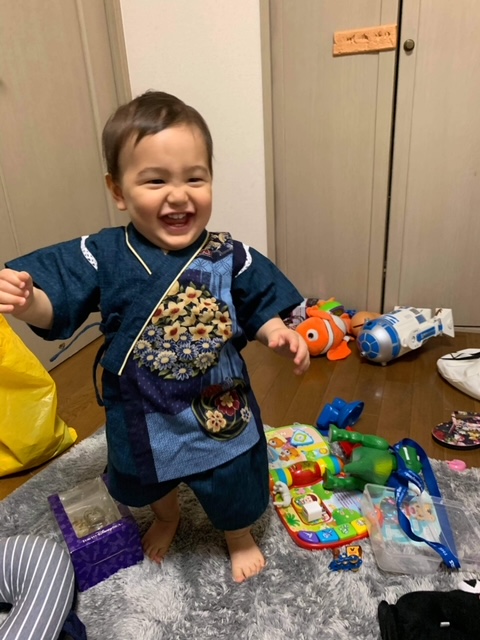In exploring the profound Bahá’í teachings, the exploration of the subject “Finding True Help: Does God Really Answer Prayers?” becomes not merely an intellectual exercise, but a deeply spiritual endeavor that invites individuals to reevaluate their understanding of divine assistance. The very essence of prayer in this context extends beyond mere requests for intervention; it encompasses a transformative experience that cultivates a reciprocal relationship between the seeker and the Divine. Through an examination of key principles, this discourse aims to elucidate the multifaceted dimensions of prayer and the consequential shifts in perspective it invites.
The initial inquiry, “Does God really answer prayers?” often emerges from a place of existential yearning or personal anguish. In the Bahá’í Faith, the conception of God is not limited to an anthropomorphic entity ready to dispense favors. Instead, God is perceived as the Ultimate Source of all existence, an unknowable essence that interacts with humanity through divine manifestations known as the Manifestations of God. These exalted figures, including Baha’u’llah, serve as mediators, offering guidance and instruction for human progress. Through this lens, prayer serves not only as a means of seeking help but also as an avenue for understanding one’s relationship with the Divine.
Prayer can be categorized into different forms within Bahá’í teachings: personal prayer, communal supplication, and the recitation of revealed prayers. Each form has its unique function and significance. Personal prayer assumes the role of an intimate dialogue where the individual communes with God. This intimate engagement fosters vulnerability and authenticity, allowing the seeker to articulate their innermost fears and aspirations. On the contrary, communal supplication propels individuals into a shared spiritual space—strengthening communal bonds and collective purpose. The recitation of revealed prayers draws from the rich treasury of texts authored by the Manifestations, offering believers a structured method for conversation with God.
To fervently engage in prayer is to embark on a journey of transformation. This leads us to one of the most profound Bahá’í tenets: the transformative power of prayer. In seeking assistance through prayer, the supplicant is often granted not just material support but enlightenment and the capacity for inner growth. This phenomenon illustrates the Bahá’í perspective that the essence of prayer transcends immediate needs. Rather, it catalyzes personal evolution, empowering individuals to confront their challenges with renewed vigor and insight.
Moreover, the efficacy of prayer within the Bahá’í Faith pivots on the believer’s mindset and unwavering faith in God’s wisdom and omniscience. The act of praying is imbued with a deep-seated reliance on divine providence, allowing for a profound shift in perception. For instance, when a believer prays for clarity regarding a decision, the ultimate answer may not manifest as a specific directive, but rather as an inspired sense of calm that empowers them to navigate their circumstances with greater confidence. Herein lies the true promise of prayer: it reframes our understanding of relief, urging the individual to transcend a transactional view of divine interaction.
Indeed, the transformative experience of prayer is coupled with the necessity of self-reflection. In this light, prayer becomes a mirror, reflecting one’s thoughts, intentions, and spiritual maturity. The act of prayer prompts critical introspection, nudging believers to examine the motivations behind their supplications. Are they seeking to align with divine will, or are they entrapments of ego and desire? Such contemplations elevate the act of prayer from mere entreaty to a sanctified practice of self-awareness and growth.
As believers engage in the discipline of prayer, another compelling dimension arises: the concept of patience and perseverance. Within this framework, the Bahá’í Faith stipulates that answers may not always be immediate or manifest in ways that align with human expectations. This calls for an acknowledgment of the complexities of divine timing. In the proverbial waiting period, individuals must cultivate steadfastness and trust in God’s ultimate plan—a sentiment echoed in numerous spiritual traditions. Such patience not only enriches spiritual lives but also serves to fortify communal ties as believers support one another in their spiritual journeys.
Furthermore, it is salient to recognize the collective aspect of prayer within the Bahá’í community. Especially regarding communal supplication, collective prayer acts as a unifying force, fostering a sense of solidarity and mutual support. Engaging in prayer alongside others transforms it into a communal act of hope, reinforcing the interconnectedness inherent in the fabric of humanity. This reinforces the Bahá’í principle that humanity is one, and collective seeking of divine guidance signifies a collective commitment to enter a space of unity, love, and compassion.
The individual’s relationship with prayer also evolves with spiritual maturity. As believers progress along their spiritual path, prayers may begin to reflect a more profound surrender to the Divine will. This transition marks a compelling evolution—instead of merely seeking personal relief, individuals begin to prioritize collective well-being and the greater good. This selflessness becomes a catalyst for altruism and is emblematic of the Bahá’í principle of service to humanity.
Ultimately, the exploration of “Does God Really Answer Prayers?” leads to a deepening awareness of the complexities of faith and divine interaction. In Bahá’í belief, prayer is not solely about receiving answers; it is fundamentally about transformation—both personal and collective. Each prayer, regardless of its nature, nurtures a landscape of change, calling forth qualities of patience, unity, and selflessness, which ultimately shapes a world steeped in love and understanding. Through the act of prayer, believers find true help—not simply through the answers they seek, but through the very act of seeking itself, as they allow the sacred dialogue to reshape their existence and elevate their purpose.
